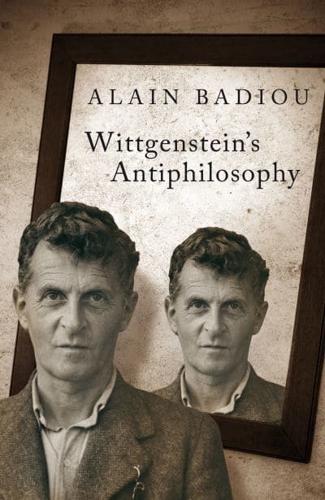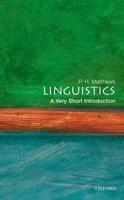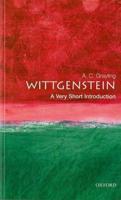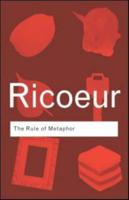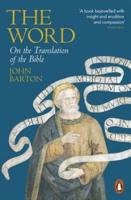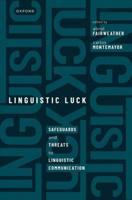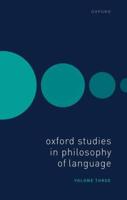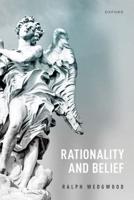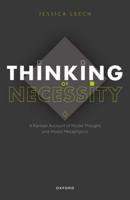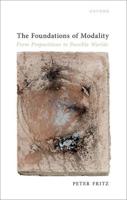Publisher's Synopsis
Alain Badiou takes on the standard bearer of the "linguistic turn" in modern philosophy, and anatomizes the "anti-philosophy" of Ludwig Wittgenstein, in his Tractatus Logico-Philosophicus. Addressing the crucial moment where Wittgenstein argues that much has to be passed over in silence-showing what cannot be said, after accepting the limits of language and meaning-Badiou argues that this mystical act reduces logic to rhetoric, truth to an effect of language games, and philosophy to a series of esoteric aphorisms. in the course of his interrogation of Wittgenstein's anti-philosophy, Badiou sets out and refines his own definitions of the universal truths that condition philosophy. Bruno Bosteels' introduction shows that this encounter with Wittgenstein is central to Badiou's overall project-and that a continuing dialogue with the exemplar of anti-philosophy is crucial for contemporary philosophy.
